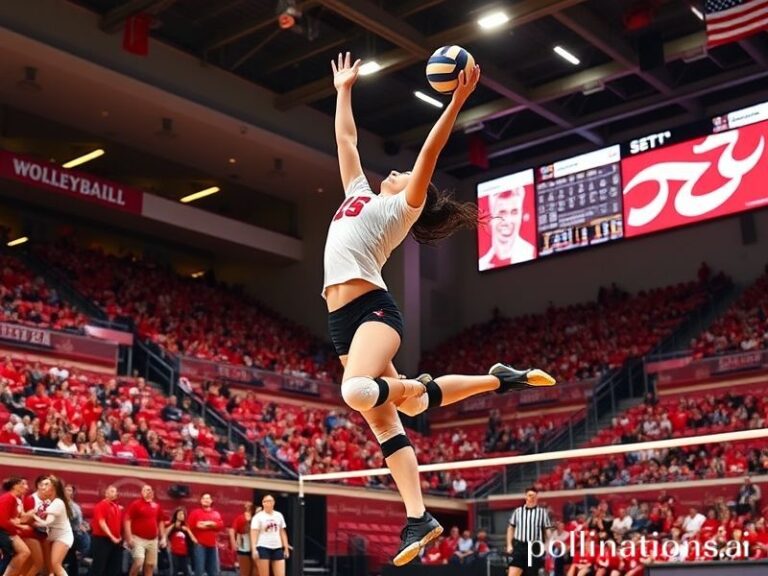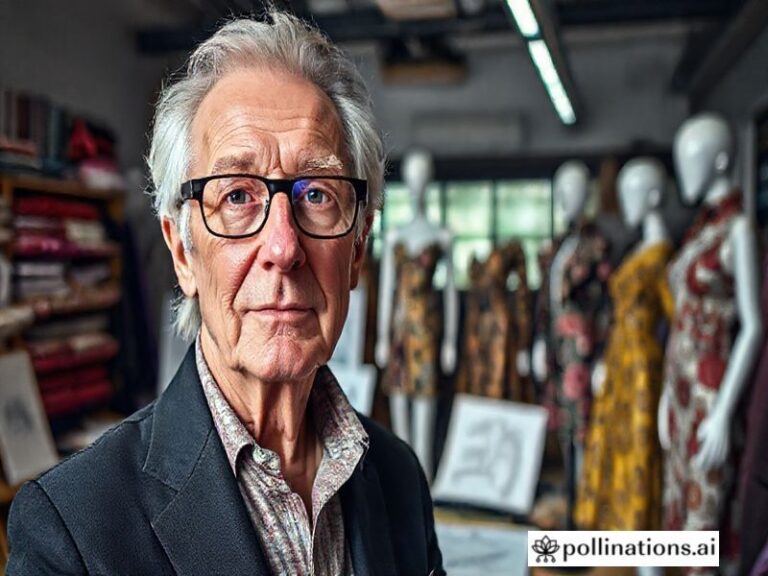From Yorkshire to the UN: How Tasha Ghouri’s Cochlear Implant Became a Geopolitical Flash Drive
Tasha Ghouri: How a Deaf Dancer From Yorkshire Became the UN’s Unlikely Soft-Power Asset and Other Tales of a Planet Gone Soft
By the time the Reuters alert pinged—“UNESCO appoints Love Island alumna as goodwill ambassador for disability inclusion”—half the newsroom assumed the Slack bot had finally achieved sentience and was trolling us. But no: Tasha Ghouri, 25, formerly of small-town Thirsk and more recently of Instagram grids from Mykonos to Malibu, was now the multilateral system’s newest poster child for, well, poster children. Somewhere in Geneva, a career diplomat with three advanced degrees in human-rights law dropped his demitasse.
In a saner century, a deaf British dancer hawking fashion collabs might have been a charming footnote. In ours, she is geopolitical plankton, drifting through the currents of soft-power arms races, TikTok diplomacy, and the global attention economy’s endless hunger for wholesome content. Beijing has the panda; Washington has Taylor Swift; Brussels now counters with Tasha, accessorised with a cobalt cochlear implant that doubles as a sly metaphor for Europe trying to stay switched on amid the static.
The international significance? Let’s start with the numbers. Ghouri’s follower count (2.3 million and climbing faster than Sri Lanka’s inflation) is larger than the population of seventeen UN member states. When she signed with Paris Fashion Week house Patou, the brand’s Chinese e-commerce sales spiked 47 percent in 48 hours—proof that Gen-Z will buy anything if the model’s disability is photogenic enough. Meanwhile, the British Council, still pretending Brexit never happened, flew her to Nairobi for a workshop titled “Diversity in Motion,” where Kenyan creatives politely applauded while mentally calculating the per diem.
Critics—those sour few who remember when goodwill ambassadors cured smallpox—call it “influence-washing.” Supporters call it representation. Both miss the point: in 2024, representation is the smallpox. It spreads virally, mutates across borders, and occasionally leaves scars no PR campaign can airbrush. When Tasha posted a reel teaching Auslan (Australian sign language) to K-pop band Ateez, the clip was subtitled in seven languages and weaponised by South Korea’s tourism board to distract from its birth-rate apocalypse. Soft power, like cholesterol, comes in good and bad varieties; both clog the arteries eventually.
The broader implication is darker and more comic. We live on a planet where geopolitical legitimacy is measured in engagement rates. Russia’s foreign ministry now employs TikTok cosplayers; the Taliban run a Twitter Spaces series. Against this backdrop, a deaf influencer in sequins isn’t absurd—she’s the only honest broker left. At least she admits she’s selling something.
Yet beneath the gloss lurks the old, familiar machinery. The UN’s press release boasted that Ghouri will “amplify voices from the Global South,” a phrase that traditionally means “fly business class to Dakar, take selfies with local children, leave.” Still, cynicism has its limits. When a teenager in rural Uttar Pradesh sees someone who looks like her—implant glowing like a tiny halo—dancing on the world stage, the stunt transcends itself. Hope, unlike GDP, is a renewable resource, even if it’s occasionally sponsored by PrettyLittleThing.
Conclusion: In an era when nations weaponise everything from grain to Game of Thrones, Tasha Ghouri is less a person than a medium—literally, in her case. She carries messages across borders the way ships once carried spices: packaged, branded, and inevitably marked up for retail. Whether that makes her a hero or a harbinger depends on your tolerance for watching the world’s crises reduced to 15-second clips. Either way, mute the sound and she still dances. In 2024, that passes for optimism.







